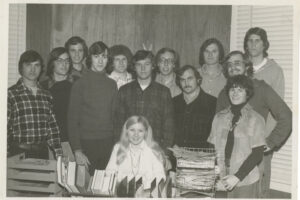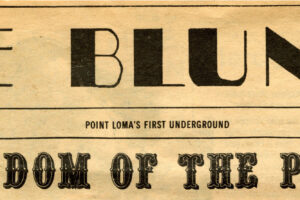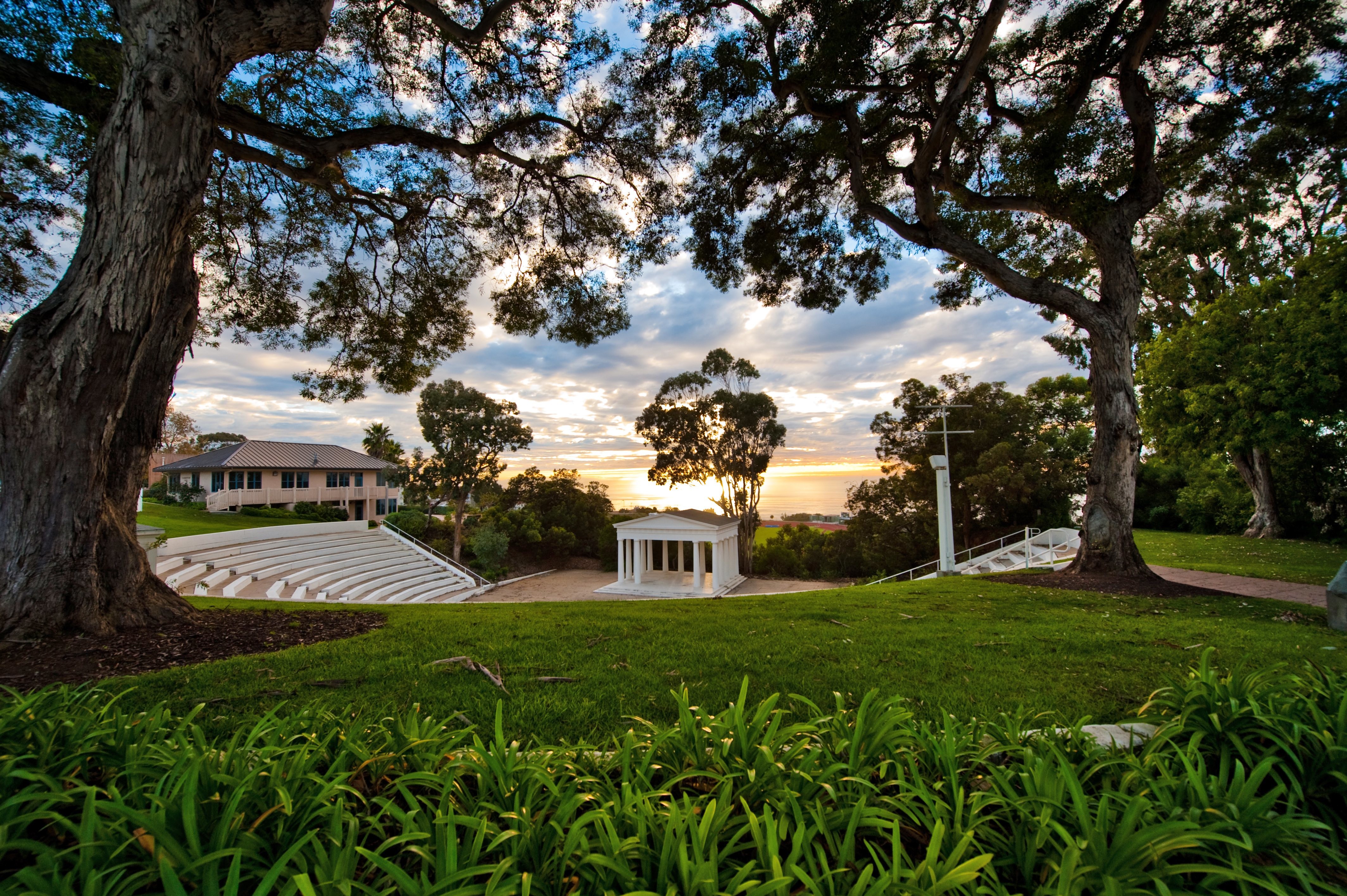Students in the Humanities Honors Program attended The XIXth at The Old Globe theater on Saturday, March 26. The play focuses on Tommie Smith and John Carlos, two African American athletes who raised their fists in protest at the 1968 Olympics.
Amelia Tsering, second-year political science major, said, “The acting was done with intensity and the monologues were a really strong story-telling method.”
Over the past few months, the Old Globe theater has put on several plays that focus on the intersection of race and sports.
“Sports are very prominent in our culture and seeing racially diverse stories through this lens is a powerful way to tell stories we don’t get to hear enough of,” Tsering said.
Other students were still affected by the play, despite a lack of interest in sports.
Zebbie Ross, second-year art major, said, “I may not care very much about sports, but I can see and experience how much the passion for these sports is put into these things and how important it is to a lot of people.”
The production of The XIXth was unique in the sense that it portrays an in-depth aftermath of a political protest.
Linda Beail, professor of political science said, “We got to go back in time to learn about who these athletes were and how they got there, but we also got to experience what happened to each of them after the games and the high cost of their protest on their personal and professional lives and their friendship.”
The play told the true story of two track athletes who risked their careers for the sake of justice.
According to The Old Globe, Artistic Director Barry Edelstein said, “Smith and Carlos would have gone down in sports history for their athletic achievements alone, but when they raised their fists they stepped into an entirely new arena and the power of their statement is still being felt.”
The writer’s goal was to depict these events in a deep and personal way.
Referring to play writer Kemp Powers, Edelstein said, “His method is to distill gigantic historic and social and political forces down to their essences and then to drop them into someplace intimate, not epic.”
Students felt that the play displayed the reality of activism, specifically in the Black community.
“It did a nice job of presenting different points of view even within the African American community in the 1960s, showing that Black Americans had very different experiences and beliefs around working for change within a system or protesting from outside,” said Beail.
The XIXth revealed the controversies and difficulties that take place in stories about protest.
“It showed that it’s not as smooth going as everyone always seems to try and make out these stories to be,” said Ross.
Written By: Cambria Jacobs







